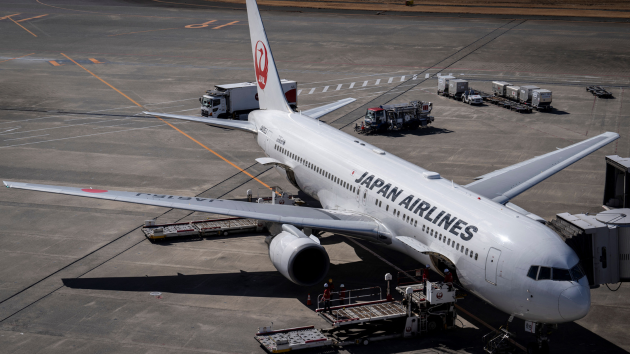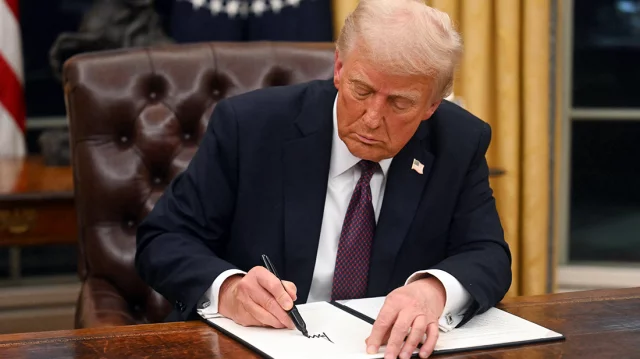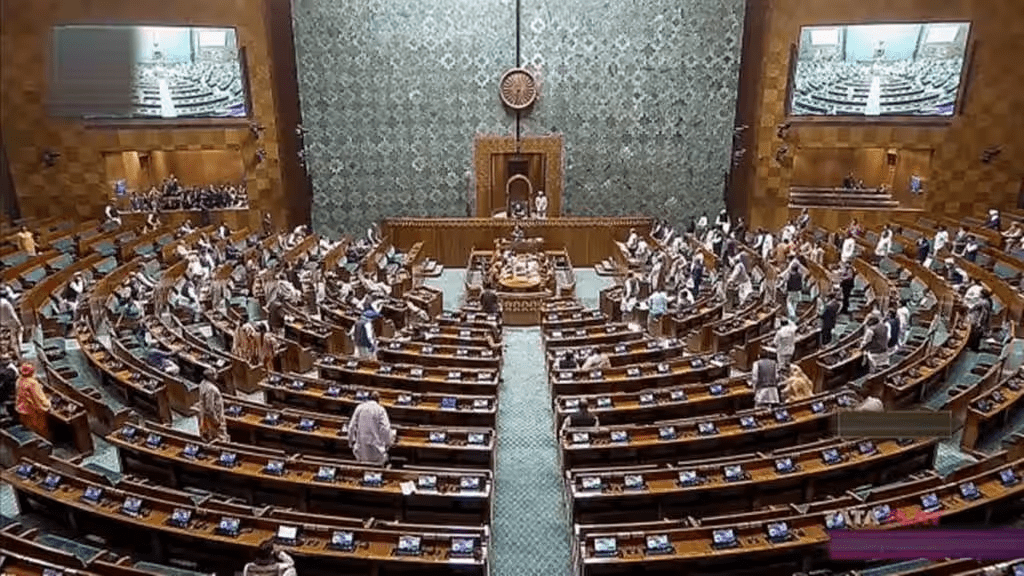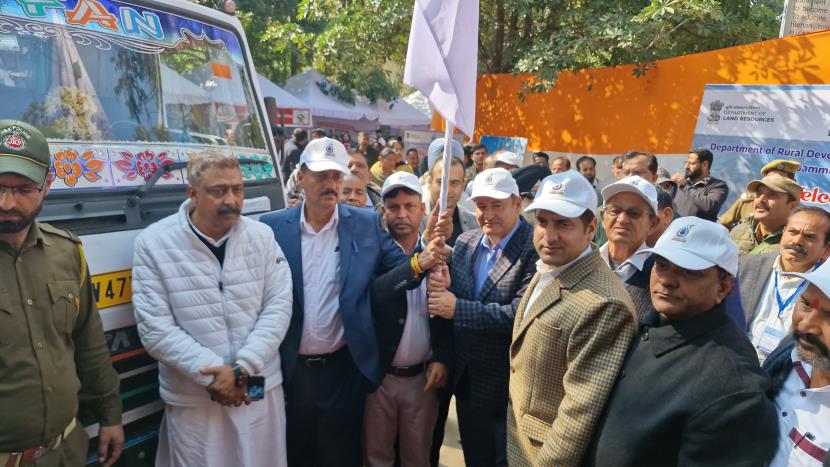India says Iran sanctions threaten Afghan corridor
Sun 20 May 2018, 15:47:39
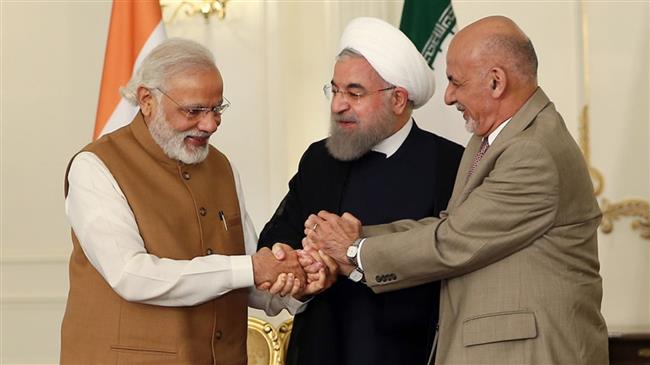
Concerns are rising in New Delhi that US President Donald Trump’s efforts to re-instate sanctions against Iran would jeopardize an ambitious multinational connectivity project involving India, Iran and Afghanistan.
Reuters quoted a senior Indian official as saying that the project - that would open a corridor for trade between the three countries while dodging Pakistan - would also eventually undermine Afghanistan’s economic development.
“President Trump’s decision has brought us back to the drawing board and we will have to renegotiate terms and conditions on using Chabahar,” a senior Indian diplomat said. “It is a route that can change the way India-Iran-Afghanistan do business, but for now everything is in a state of uncertainty.”
Launched in 2016, the multimodal Iran-India-Afghanistan corridor allows shipments of cargoes from India to Afghanistan through Iran’s southeastern port of Chabahar.
India is currently developing the port but has already faced problems, Reuters added. It has yet to see significant traffic apart from some containers of donated wheat from India, and the first shipments of Afghan dried fruit to India are not expected before July.
At least three contracts to build infrastructure at the port now have been delayed, with two Chinese companies and a Finnish group left hanging while bankers seek clarity from Washington before approving
guarantees, Reuters quoted a person close to the project as saying.
guarantees, Reuters quoted a person close to the project as saying.
In addition, Afghan traders, who were hoping for an alternative to Pakistan’s port of Karachi, now find themselves cut off from funding and forced to rely on the traditional hawala money transfer system, which is insufficient on its own to transform an economy. Hawala is a trust-based system commonly used in Afghanistan that involves the movement of funds between agents in different countries.
“We know our correspondent banks would not let us pay for imports coming through that port,” said a senior executive at one major Afghan lender.
Chabahar is among a number of projects of transport and energy networks designed to boost Afghanistan’s trade and lay the foundations for a mining industry capable of exploiting its billions of dollars in untapped mineral reserves.
Bypassing the border with Pakistan, which last year was closed for some 50 days over various disputes, Chabahar is seen as a way for Afghanistan to consolidate its relations with India and other regional powers.
“The only way to get India more involved” in Afghanistan’s economic development “is through Chabahar,” said Barnett Rubin, an expert with New York University’s Center for International Cooperation and a former adviser to the State Department and the United Nations. “Our Iran policy is headed for a train wreck with our Afghanistan policy.”
No Comments For This Post, Be first to write a Comment.
Most viewed from International
Most viewed from World
AIMIM News
Delhi Assembly polls: Owaisi leads Padyatra in Okhla
Feb 01, 2025
We reject this Waqf Amendment Bill: Asaduddin Owaisi
Jan 30, 2025
Latest Urdu News
Most Viewed
May 26, 2020
Which political party will win the Delhi Assembly polls to be held on Feb 5?
Latest Videos View All
Like Us
Home
About Us
Advertise With Us
All Polls
Epaper Archives
Privacy Policy
Contact Us
Download Etemaad App
© 2025 Etemaad Daily News, All Rights Reserved.


